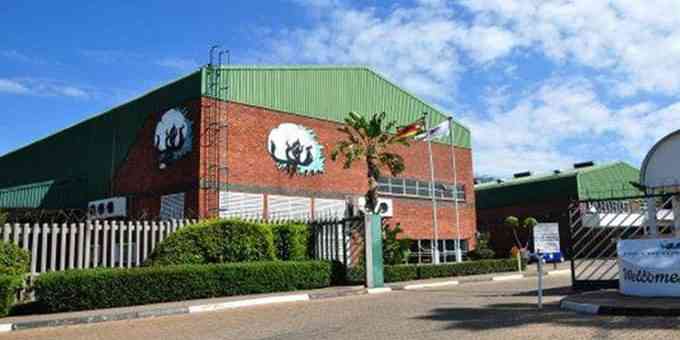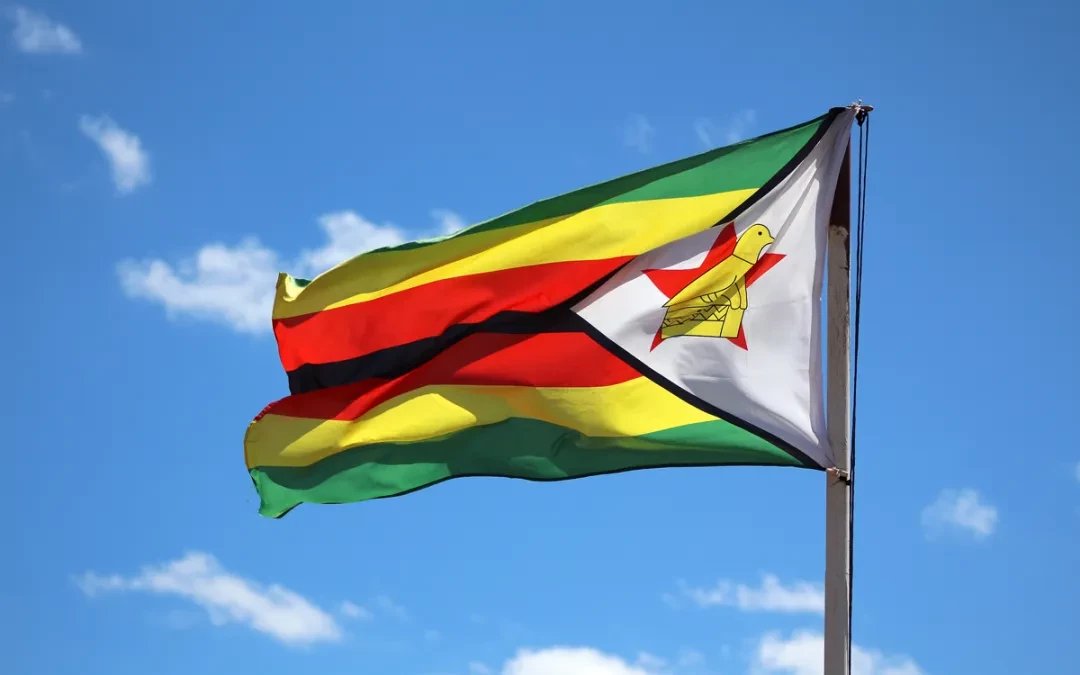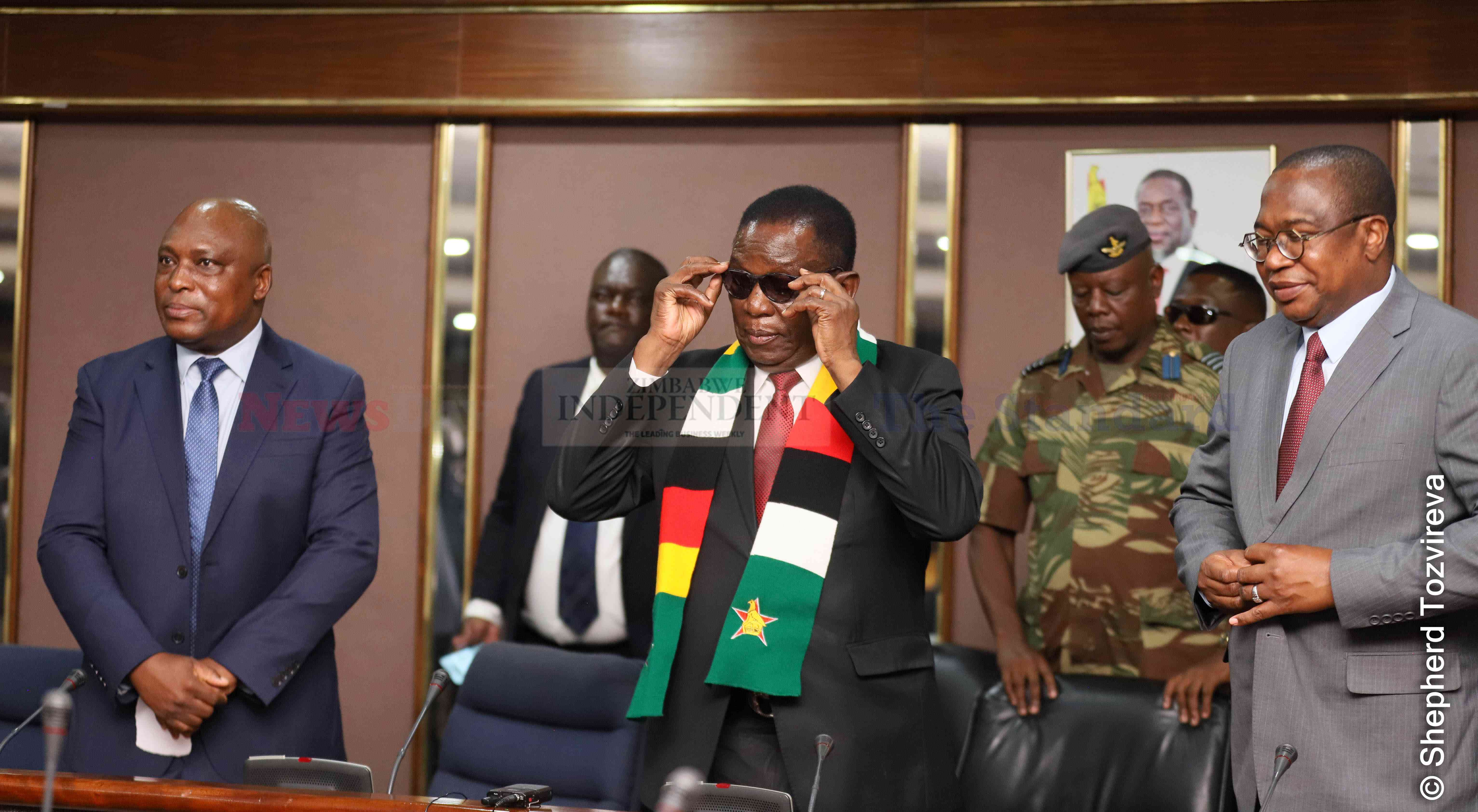
The Kingdom of Lesotho held its elections a few weeks ago. The elections were generally credible, the country is undeniably on an irrevocable political trajectory. The Lesotho kingdom defied the odds and shamed most prophets of doom who anticipated the worst from the electoral process. No doubt countries like Zimbabwe with a global record of electoral malfeasances were left green with envy and some little dosages of jealous. Needless to say the bigger task lies ahead. There are lessons that we need to draw from the just-ended Lesotho elections.
By Wilton Nyasha Machimbira
The political history of Lesotho is not all that rosy, the monarchy’s history is replete with political upheavals, coup d’états, ethnic rifts, economic malaise, and fragile and fractious coalition governments. The road to these just-ended peaceful elections had been tiresome, frustrating and exacting. Lesotho had gained an almost permanent status of the ‘‘black sheep’’ of the Southern African region. Black sheep status in almost every facet of life, political, economic, infrastructural and educational. But they stand in awe today, heaving a sigh of relief, a sigh of accomplishment while the hope in Zimbabwe of reaching the proverbial Jericho is fast fading. The majority of the Zimbabwean populace has resigned to fate. For the youth, whose social and professional life is in disarray, self-actualisation has proved to be a mirage, an elusive pie in the air.
We need to appreciate the fact that from time immemorial Lesotho has been a military State with a façade of constitutional monarchy. It is the military that has been involved in political processes directly or indirectly. They were the ones calling the shots. Inasmuch as elections are held periodically in Zimbabwe, one cannot deny that Zimbabwe can be dubbed a military State because it is the military calling the shots.
Our military is now more of an omnipotent and omniscient creature because they are dispatched everywhere, every department and every institution, this being as a result of paranoia. The way our government departments, parastatals and institutions have been reduced to patronage dispensing zones leaves a lot to be desired. It is the military deciding directly or indirectly who gets what, when and how. This regrettable penchant for the military to be a resource allocation arbiter in a sea of poverty breeds political tension.
The ‘‘resource curse’’ scenario where countries endowed with natural resources are the most unstable and volatile due to failure to equitably allocate resources is slowly but surely taking root in Zimbabwe. If unchecked the result can be calamitous for the country. The way our military has been given the carte-blanche to micro-manage our Chiadzwa diamond fields is a precursor of the worst to come. As long as our military doesn’t confine itself to barracks Zimbabwe will not morph into a constitutional democracy. Zimbabwe will take the position of the black sheep of Southern Africa. The lesson we need to draw from the elections in Lesotho is that to attain civilian rule, we need to demilitarise our nation, this is not something utopian as most people have been made to believe. It’s practical and possible.
We need to take cognisance of the fact that the Basotho people didn’t single-handedly manage the political process. External actors played their part, Sadc was instrumental in managing the state of the affairs in Lesotho. The political players in Zimbabwe who wish to realise a political change need not to underestimate the importance of external engagement in the form of regional leaders and regional institutions. Notwithstanding stiff resistance from the then Prime Minister Pakalitha Mosisili, who complained that the bloc’s decisions were gnawing on the Mountain Kingdom’s sovereignty. The oversight role played by Sadc in Lesotho needs to be lobbied for by the opposition political players. When push came to shove in Northern Africa, Ecowas dispatched an army to topple Yahya Jammeh who wanted to cling to power after electoral defeat, this shows the importance of regional blocs in managing delicate political processes. They have their own inadequacies as regional institutions and regional leaders, but they cannot be completely ruled out. History has it that Mwalimu Julius Nyerere of Tanzania played a part in the overthrow of Ugandan Idi Amin whose tyrannical rule had reached alarming levels. It’s high time the opposition political players resume the diplomatic/charm offensives and engage regional leaders in light of the impending elections in 2018.
The State institutions in Lesotho deserve a standing ovation for proving to be indeed State institutions and not individual nor partisan institutions. States are permanent, but governments do come and go. This is something our institutions in Zimbabwe need to come to terms with, from the Judiciary, army, police and election management body.
- Chamisa under fire over US$120K donation
- Mavhunga puts DeMbare into Chibuku quarterfinals
- Pension funds bet on Cabora Bassa oilfields
- Councils defy govt fire tender directive
Keep Reading
Partocracy which happens to be the conflation between the ruling party and the State is a common pathogen in African establishments. It’s an anomaly that has been normalised and doesn’t augur well with the principles of good governance.
The Zambian Constitutional Court is a case in point. The Court suffered a huge credibility test when it made astonishing decisions on the petition of the opposition party which sought to challenge the electoral results and the subsequent Pyrrhic victory by the incumbent Edgar Lungu. Weirdly the world witnessed three judges who caucused and in their wisdom or lack of it chose to overrule the verdict of the full bench. The episode was viewed as the worst spectacle of judicial rascality anywhere in the world. As Honorary Professor of Law at the universities of Cape Town, Muna Ndulo posits: ‘‘This is so because the lack of integrity or even active corruption within institutions mandated to enforce and safeguard the rule of law is particularly alarming and destructive to society. The social effects of such fact based and perceived systemic bias and corruption undermines the legitimacy of the State and democracy itself.’’
They made the decision and wrote the judgment without any submissions from other parties, a conduct that subverts the judicial system, evidence of judicial brigandage, rascality and judicial fraud. It is, however, heartening to note that the South African institutions bar State capture have fared well in the execution of their mandates. The Judiciary has been seen whistleblowing on the Executive and maintaining a system of checks and balances. This kind of exceptionality is commendable and shows a considerable degree of civility of the South African Judiciary.
The lesson from the mountainous kingdom of Lesotho is that is that change is possible, it’s like the force of gravity that cannot be resisted. That’s the big lesson from the mountainous Kingdom of Lesotho.
Wilton Nyasha Machimbira, a Political Analyst, Human Rights Defender and Director of Developmental Research and Consultancy. For feedback and comments can be contacted on [email protected]











